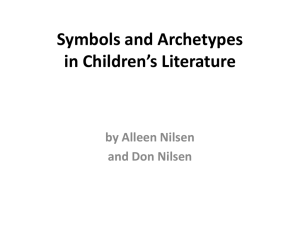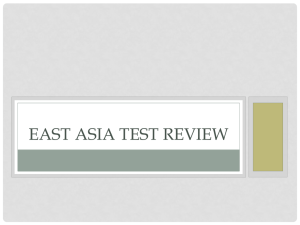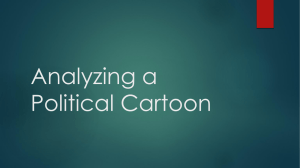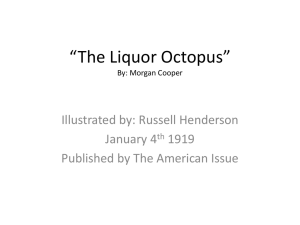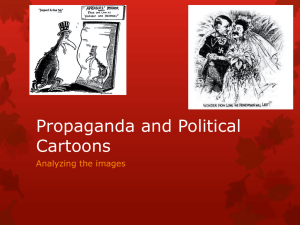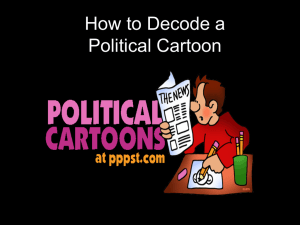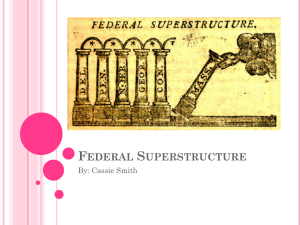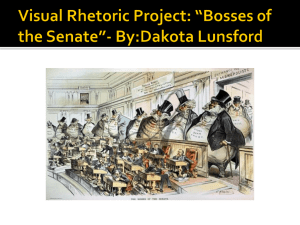Dr. Seuss ppt. - Issaquah Connect
advertisement
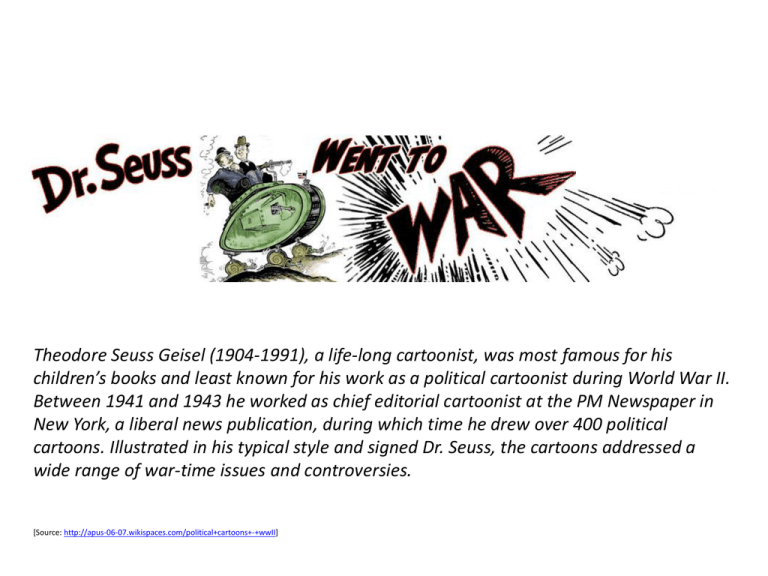
Theodore Seuss Geisel (1904-1991), a life-long cartoonist, was most famous for his children’s books and least known for his work as a political cartoonist during World War II. Between 1941 and 1943 he worked as chief editorial cartoonist at the PM Newspaper in New York, a liberal news publication, during which time he drew over 400 political cartoons. Illustrated in his typical style and signed Dr. Seuss, the cartoons addressed a wide range of war-time issues and controversies. [Source: http://apus-06-07.wikispaces.com/political+cartoons+-+wwII] What is the main message of the cartoon? The “ostriches” are sticking their heads in the sand as a way to “hide” from Hitler. What event, issue or person does the cartoon refer to or target? Refers to the United State’s isolationist policy at the start of World War II… we are ignoring the events in Europe. What is the main message of the cartoon? The United States is separated from the “ills” of Europe. What event, issue or person does the cartoon refer to or target? • Refers to the United State’s isolationist policy at the start of World War II… example: Neutrality Acts • The “diseases” are the military dictatorships of Europe in the 1930s. What is the main message of the cartoon? The Neutrality Act is the “Old Man of the Sea” holding back aid to Europe. What event, issue or person does the cartoon refer to or target? • Neutrality Act of 1935 which forbade the transport, distribution or selling of supplies or ammunitions to belligerent nations. • This cartoon is speaking out against the Neutrality Act. What is the main message of these cartoons? • In the first cartoon, the “Nazi bird” is pecking down the countries of Europe while the United States avoids involvement. • In the second cartoon, “the appeaser” is trying to give into the demands of the “sea monsters.” What event, issue or person does the cartoon refer to or target? • Refers to the United State’s isolationist policy at the start of World War II. • Policy of appeasement: Hitler and Czechoslovakia. What is the main message of these cartoons? The United States is starting to offer aid to Europe (Allied Powers). What event, issue or person does the cartoon refer to or target? • • • • Cash-and-Carry The Lend-Lease Act Destroyers for Bases Deal Hemispheric Defense Zones What is the main message of the cartoon? A bird labeled “isolationism” is being hit by a declaration of war. What event, issue or person does the cartoon refer to or target? • • Published in response to the attack on Pearl Harbor. The attack came in two waves, each of which was carefully timed for early morning on December 7th 1941. The attacks resulted in over two thousand casualties and a great deal of America resentment toward Japan. The US begins to look past isolationism and support American involvement in World War II. What is the main message of these cartoons? To mobilize/support the war effort. What event, issue or person does the cartoon refer to or target? • Rationing: Blue Points/Red Points • War Bonds What is the main message of the cartoon? Fear of Japanese attack in the United States What event, issue or person does the cartoon refer to or target? • Japanese Internment Camps • Korematsu vs. US What is the main message of the cartoon? Japanese being “knocked out” by the Battle of Midway. What event, issue or person does the cartoon refer to or target? • Battle of Midway allowed the Allied Powers to take the offensive in the Pacific • Symbolizes island hopping strategy to command the Pacific What is the main message of the cartoon? The United Nations is taking the offensive against aggressors. What event, issue or person does the cartoon refer to or target? • The United Nations is an international peace keep organization. • US involvement shows a change in US foreign policy in contrast to our noninvolvement in the League of Nations following World War I.
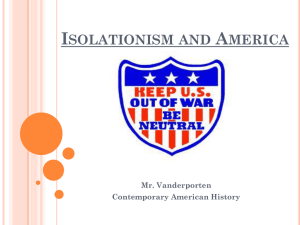
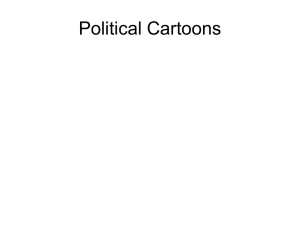
![Phrasal Verbs in Cartoons[2]](http://s2.studylib.net/store/data/005310718_1-897d1a57ddfabbe64c60ba43d0222e3b-300x300.png)

